Top 15 Most Intelligent People in History of the World
 Top 10 Countries Have The Most Intelligent People in The World Top 10 Countries Have The Most Intelligent People in The World |
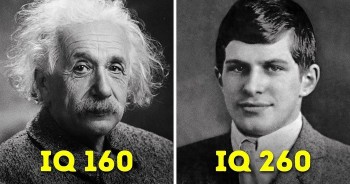 Top 5 People with the Highest IQ in the World of All Time Top 5 People with the Highest IQ in the World of All Time |
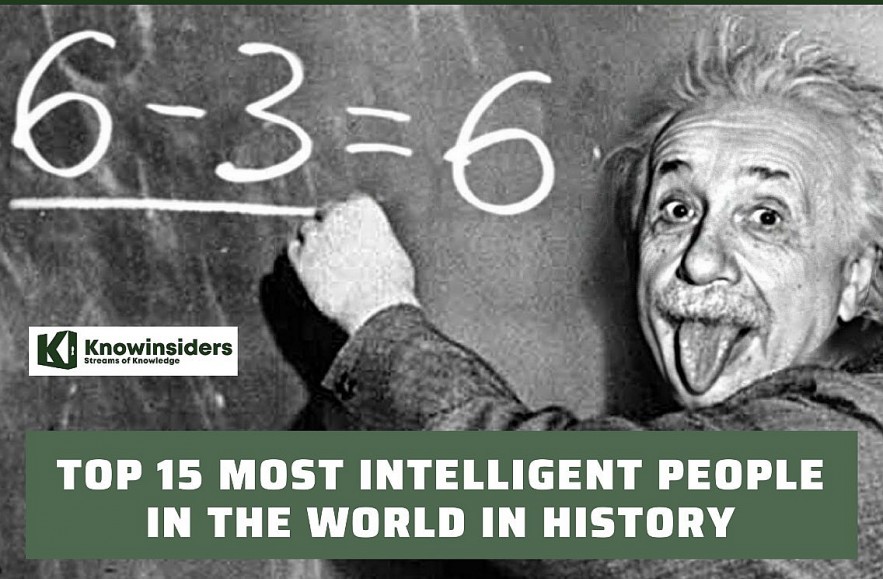 |
| Most Intelligent People in History of the World - Illustrated picture. Photo: Mixi's |
These individuals have a high IQ and a lot of brainpower, which are both indicators of their intelligence. They are the most intellectual people in the world.
There are numerous well-known calculated lists that have been compiled of the most clever and brilliant individuals who has lived throughout history. This is not to imply that the list that we have here is a comprehensive one.
Top 15 Most Intelligent People of The World In History
1. Johann Goethe
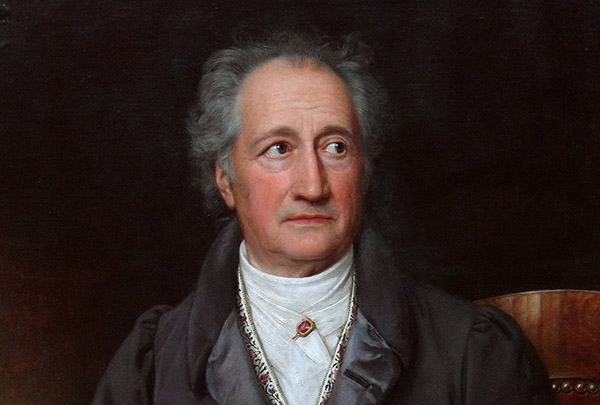 |
| Johann Goethe - Photo: financesonline |
Goethe, a German polymath regarded by Einstein as "the last man in the world to know everything," founded the field of human chemistry and formulated one of the earliest theories of evolution. By various methods, his estimated IQ ranges from 210 to 225.
He is regarded as one of the greatest authors in Western literature, and "Faust," his 1808 poetic drama, is still read and studied today.
2. Leonardo Da Vinci
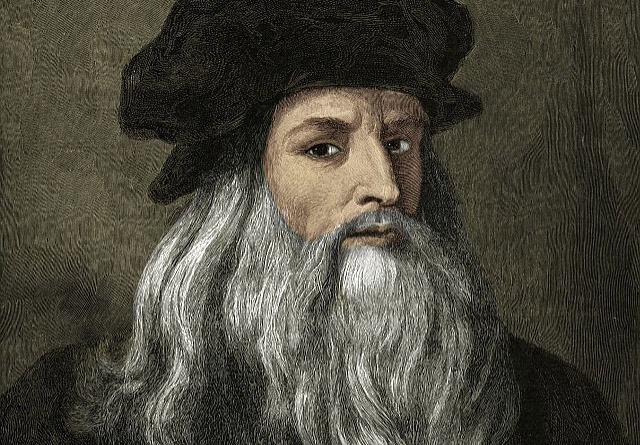 |
| Leonardo Da Vinci |
The Renaissance man of Italy. His brilliance cut across both science and the arts. Da Vinci, who is best known for his Mona Lisa, was actually more than just a particularly gifted painter. He was also a geologist, cartographer, writer, sculptor, architect, engineer, inventor, mathematician, and inventor.
He was the definition of a Renaissance man, sharing his vast knowledge with the world to better the lot of humanity.
3. Albert Einstein
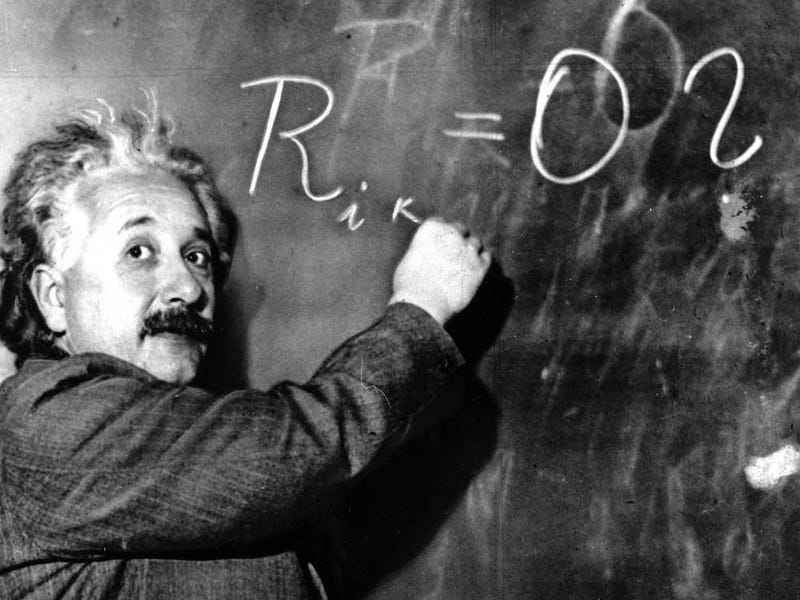 |
| Albert Einstein |
Albert Einstein was a German-born theoretical physicist and philosopher of science whose estimated IQ scores range from 205 to 225 by different measures. He is best known for his mass–energy equivalence formula E = mc2 which has been called the world's most famous equation.
Einstein articulated the principle of relativity and attempted to disprove quantum theory until he died in 1955 at the age of 76.
4. Isaac Newton
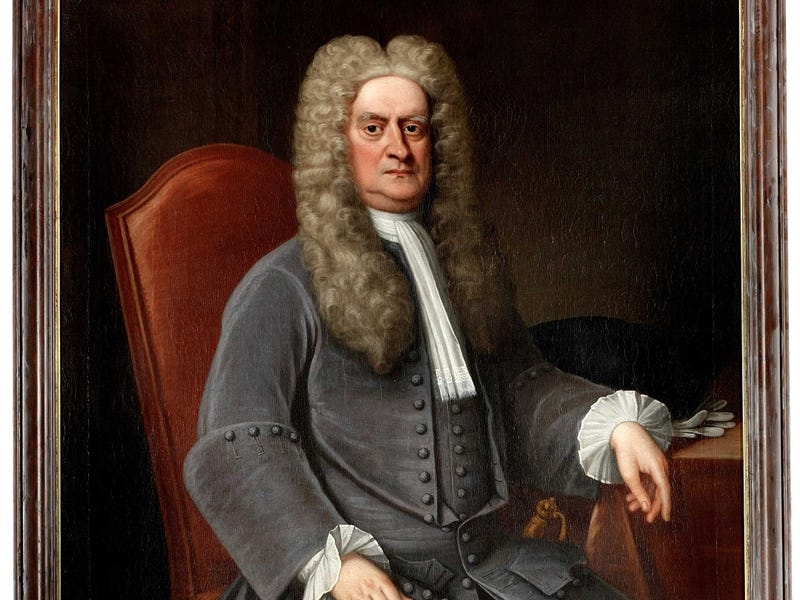 |
| Isaac Newton |
Most famous for his law of gravitation, English physicist and mathematician Sir Isaac Newton was instrumental in the scientific revolution of the 17th century. His estimated IQ scores range from 190 to 200 by different measures.
He wrote "Philosophiae Naturalis Principia Mathematica," widely believed to be the most influential book on physics and possibly all of science. Although some of his assumptions were eventually proven wrong, Newton's universal principles of gravity had no parallels in science at the time.
5. James Maxwell
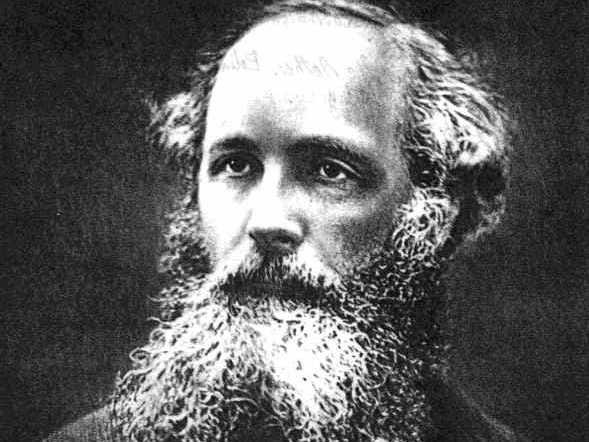 |
| James Maxwell |
The classical theory of electromagnetic radiation was developed by Scottish mathematical physicist James Maxwell. By various methods, his estimated IQ ranges from 190 to 205.
The development of quantum theory is credited to Maxwell, who was highly regarded by many people, including Einstein. When asked if he had relied on Newton's work, Einstein responded, "No, I stand on Maxwell's shoulders."
 Top 10 Frugal Billionaires Who Live Like Miserable People Top 10 Frugal Billionaires Who Live Like Miserable People A striking number of the world's richest and most famous people lead surprisingly low-maintenance lifestyles. |
6. John Stuart Mill
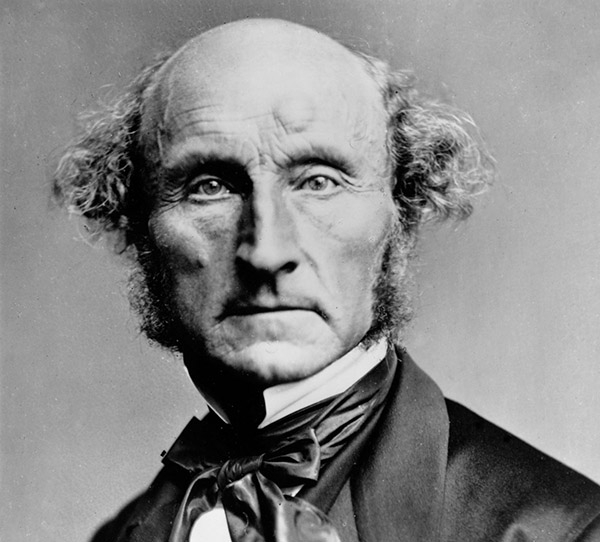 |
| John Stuart Mill |
a political economist and philosopher from England. He is best known for his significant contributions to liberalism, which emphasizes individual liberty as opposed to unrestricted government control of the economy. The Mill's method is still frequently employed today to draw a conclusion through induction, a strategy that both scientists and lawyers have used to strengthen their cases.
7. Rudolf Clausius
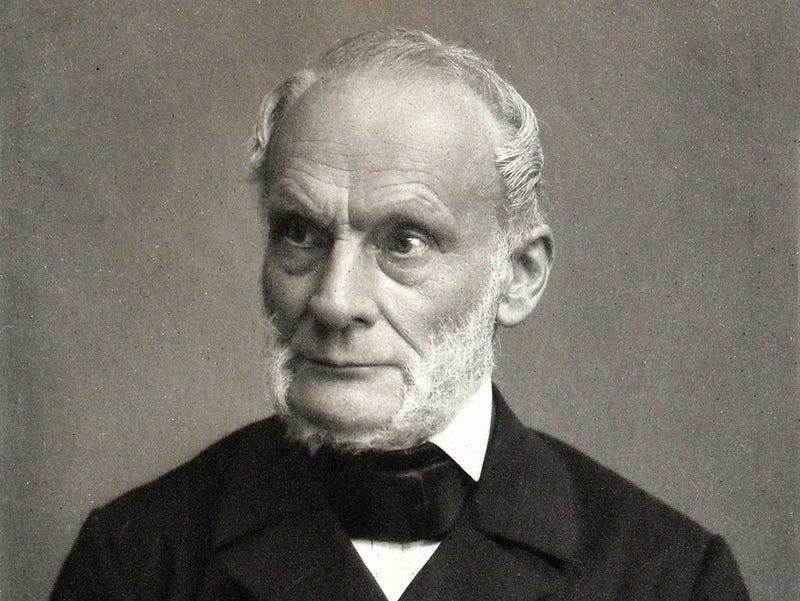 |
| Rudolf Clausius |
The second law of thermodynamics was created by German physicist and mathematician Rudolf Clausius. By various methods, his estimated IQ ranges from 190 to 205.
In addition to creating the kinetic theory of gases and coining the term "entropy," Clausius turned thermodynamics into a science.
He was also among the first to postulate that molecules are composed of atoms that are constantly exchanging, which later served as the foundation for the theory of electrolytic dissociation, which describes how molecules break down into charged atoms or ions.
8. Galileo Galilei
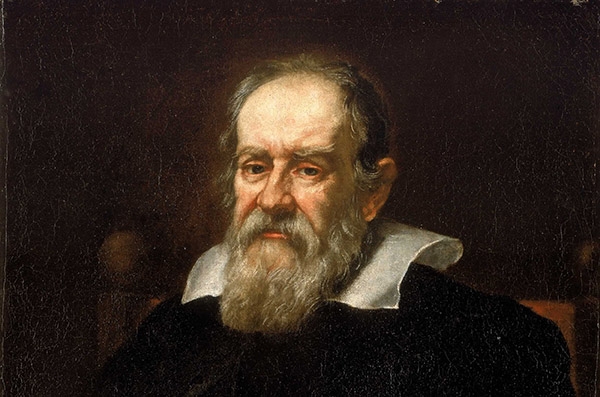 |
| Galileo Galilei |
the Italian philosopher, mathematician, and physicist. The telescope was one of his greatest gifts to mankind. But compared to his many other significant scientific accomplishments, which include the discovery of planetary objects like Callisto, the Galilean moons, Europa, Ganymede, and Io, that is merely a drop in the bucket.
He was also in the crosshairs of the Inquisition because he confirmed through actual observation that the solar system is heliocentric—that is, the sun is at the center and the planets revolve around it.
9. Nicolaus Copernicus
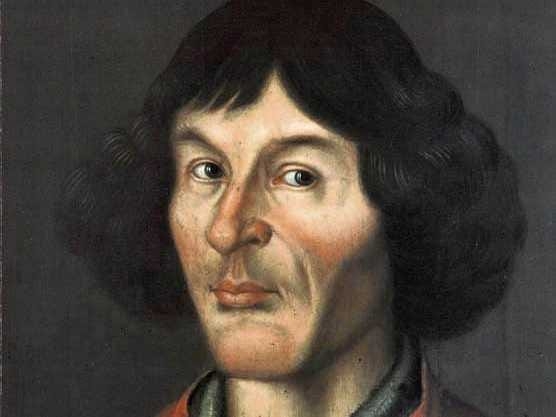 |
| Nicolaus Copernicus |
The heliocentric model of the universe, which places the sun instead of the earth at the center of our solar system, was discovered by Polish mathematician and astronomer Nicolaus Copernicus. This discovery revolutionized our understanding of the cosmos. His estimated IQ ranges from 160 to 200 according to various tests.
The Church forbade his book "De Revolutionibus Orbium Coelestium" after his death in 1543. Following that, the book stayed on the list of prohibited readings for almost three centuries.
10. Rene Descartes
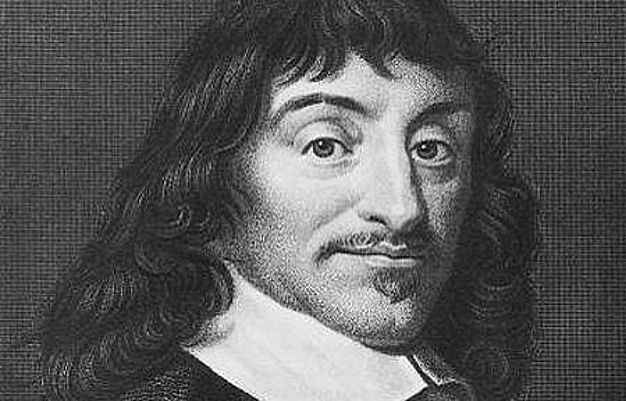 |
| Rene Descartes |
the author, mathematician, and philosopher from France. Because of his writings, he is referred to as the Father of Modern Philosophy. Notably, universities all over the world still use the Meditations on First Philosophy as a standard reference.
He is also well known for his contributions to mathematics, particularly the creation of the Cartesian coordinate system and the link between algebra and geometry that allowed for the development of calculus.
 Top 10 Most Mysterious People In The World Top 10 Most Mysterious People In The World There are things on earth that we have never found out, as for the list of the 10 most mysterious people in the world right ... |
11. Desiderius Erasmus
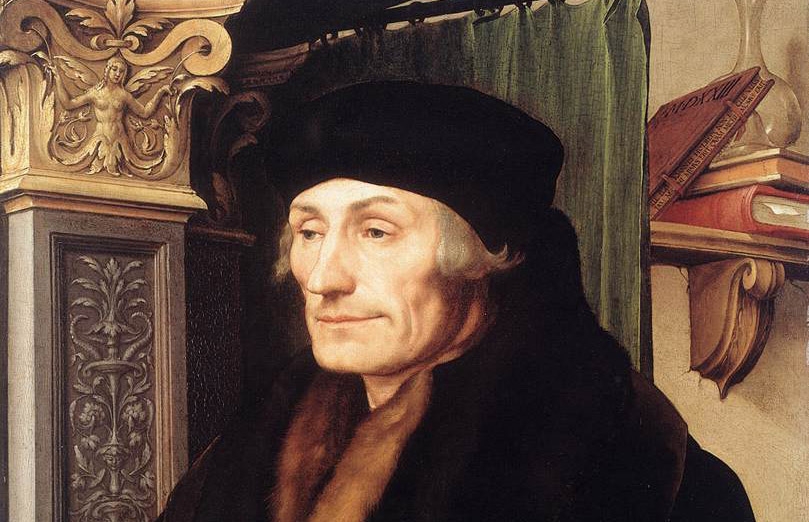 |
| Desiderius Erasmus |
a Dutch theologian, social critic, and humanist. When Catholics and Protestants were at each other's throats during the Reformation, he was a fervent supporter of religious tolerance. He created a fresh batch of Latin and Greek New Testament editions using humanist methods, which would later become important works during this turbulent period.
Erasmus remained a practicing Catholic despite being critical of the Church because he thought internal reform within the Catholic hierarchy could take place without the need for the emergence of a new religion.
12. Gottfried Leibniz
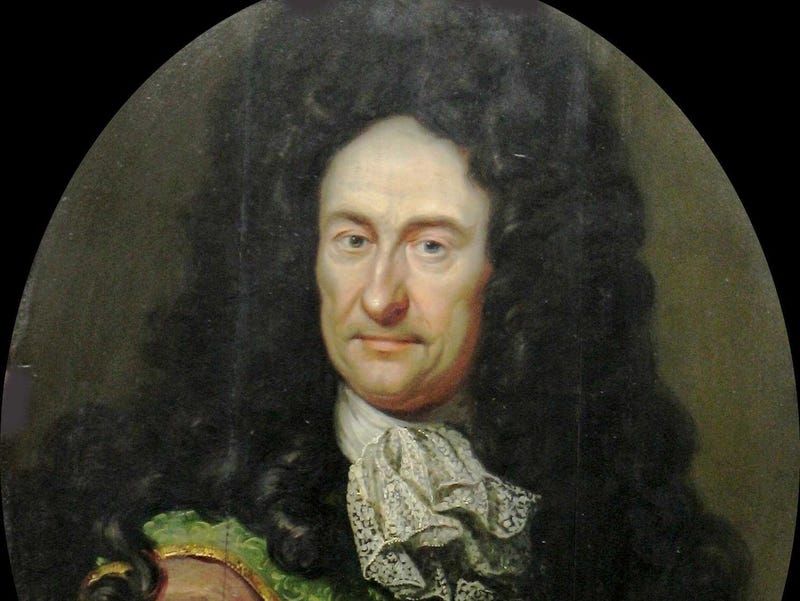 |
| Gottfried Leibniz |
German philosopher and logician Gottfried Leibniz is best known for developing differential and integral calculus. His estimated IQ ranges from 182 to 205 based on various tests.
In place of the conservation of movement, Leibniz introduced a new formulation of the laws of motion known as dynamics in 1676.
His work on necessary and contingent truths, possible worlds, and the sufficiency principle made significant contributions to the philosophy of language.
13. Michelangelo
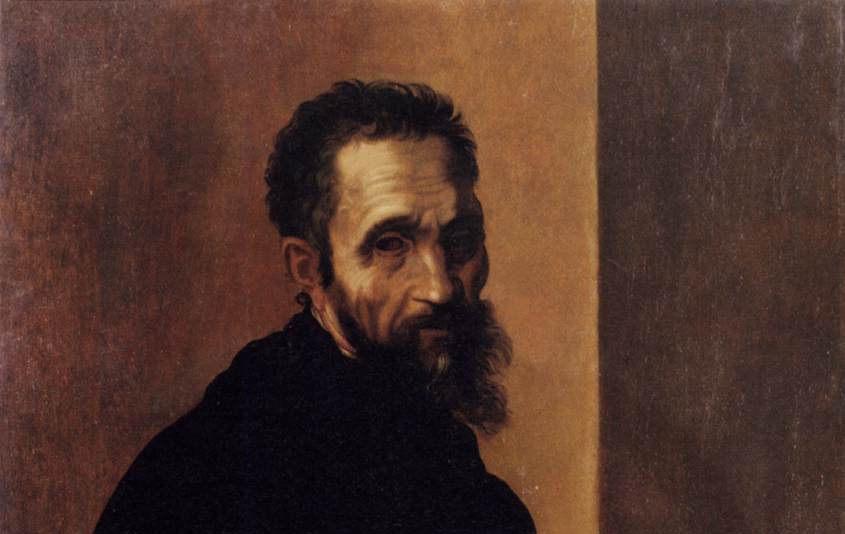 |
| Michelangelo |
Another Italian Renaissance man, Michelangelo, a sculptor, painter, architect, poet, and engineer, is linked to the French philosopher. renowned for producing works of art such as David, Pieta, the Sistine Chapel, The Last Judgment, and The Creation of Adam.
Given his contributions to High Renaissance art, many experts have even asserted that he is the greatest artist who has ever lived. While this claim is purely subjective, it is not without merit.
14. William Sidi
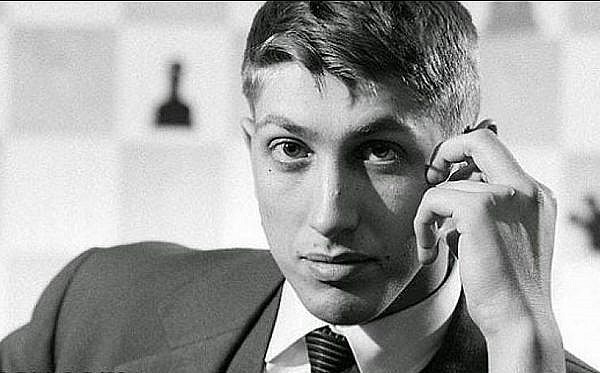 |
| William James Sidis |
William Sidis, an American child prodigy whose IQ ranged from 200 to 300 according to various tests, served as the model for the movie "Good Will Hunting". At age 2, Sidis could read The New York Times and use a typewriter to write letters in both English and French.
At the age of nine, he was accepted to Harvard, but the school forbade him from enrolling because of his "emotional immaturity." Until Harvard finally allowed him in when he turned 11, he attended Tufts instead.
In order to avoid the media's attention, he eventually became a recluse and moved from city to city using a different name. A severe stroke caused him to pass away at the age of 46.
15. Baruch Spinoza
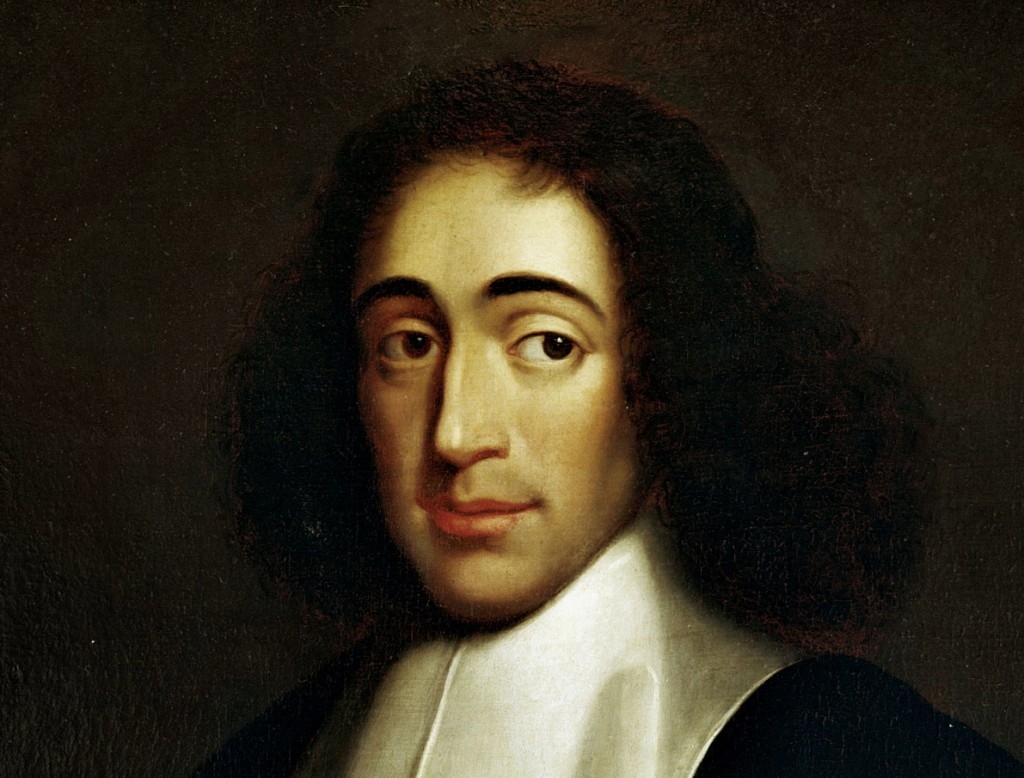 |
| Baruch Spinoza |
Dutch philosopher. He was one of the pioneers in establishing the Enlightenment era, during which science challenged the Church's authority. The age produced significant advancements in the study of science, politics, and economics, including Spinoza's magnum opus, the Ethics, which questions the reliability of the Hebrew Bible.
 Top 4 Smartest Zodiac Signs According To Astrology Top 4 Smartest Zodiac Signs According To Astrology Let's go through the content about top 4 smartest zodiac sign and what makes them the smartest of all. |
 Top 6 Most Intelligent Cat Breeds in The World Top 6 Most Intelligent Cat Breeds in The World Just like dogs, the intelligence of cats is reflected in their reactions to humans and the outside environment. The smartest breeds of cats tend to ... |
 Top 9 Smartest Dog Breeds in the World Top 9 Smartest Dog Breeds in the World Throughout world history, dogs have always held a special place in the human heart due to their companionship, courageousness, and loyalty towards their owners. Here’s ... |
























